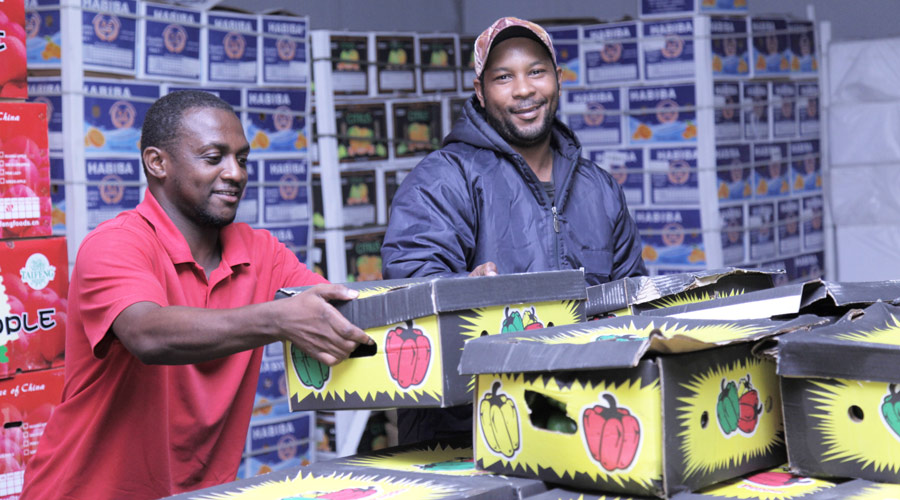
Due to its small surface area, Seychelles is not looking to be a massive producer of commodities, except, of course, for its prosperous fishing industry. What the nation’s leaders have in mind is leveraging its ocean location and boosting innovation and entrepreneurship to grow as a trading hub, backed by new port infrastructure
A glance at Seychelles trade figures show that combined islanders and tourists’ needs are understandably greater than their productive capacity. In 2016 the country ran a trade deficit of $1.13 billion, although these currency outflows are partly offset by receipts from the tourism sector. Seychelles’ top exports are processed fish, worth $259 million in 2016, and non-fillet frozen fish ($208 million).
Planned improvements in infrastructure will mean the fish-processing sector has the capacity to grow yet further. “The right investment in new cold storage and processing facilities will allow Seychelles’ seafood sector to concentrate more value-added activities,” says Col. Andre Ciseau, the CEO of Seychelles Port Authority, which is overseeing a $41 million expansion and modernization of Port Victoria that will turn the harbour into a major regional transhipment hub.
Boosts to infrastructure lay the groundwork for increased commercial activity, something Seychelles President Danny Faure says he plans to discuss with Chinese investors at the 2018 Forum on China-Africa Cooperation (FOCAC) Summit in Beijing. President Faure has noted that China’s Belt and Road Initiative is transforming the Indian Ocean rim just as Africa is moving toward the creation of the African Continental Free Trade Area (AfCFTA).
“All economies are looking towards integration, which is why I’m looking at a platform whereby we can attract foreign direct investment to enhance Seychelles’ position as a hub,” says President Faure.
With a boosted port and transhipment area, Seychelles is poised to take advantage of enhanced regional trade from its privileged location around 1,000 miles off the African coast and just double that from major Gulf ports. “We are strategically located. We are open for business 24 hours a day, 365 days a year and have modern communication systems, so of course, we can be the next platform for business as part of the new Maritime Silk Road,” says Col. Ciseau. The new port facilities also tie in with Seychelles Petroleum Company’s plans to grow as a fuel redistribution hub for the region.
With better logistics and infrastructure in place, Maurice J. L. Loustau-Lalanne, Seychelles’ minister of finance, trade, investment and economic planning, outlines the government’s philosophy of improving business conditions in the country to welcome entrepreneurs from far and wide. “This requires well-organized and effective institutions, structures and systems so that we can provide more coordinated, decentralized and effective investment and business support services.”

Diversification is the key to harnessing better trade opportunities, with growth foreseen in new sectors such as aquaculture, including Asian delicacies not previously farmed like sea cucumbers, and ecommerce based on improved digital infrastructure. Earlier this year Seychelles signed a bilateral agreement with Cyprus including plans for cooperation in new areas such as ecommerce and cybersecurity.